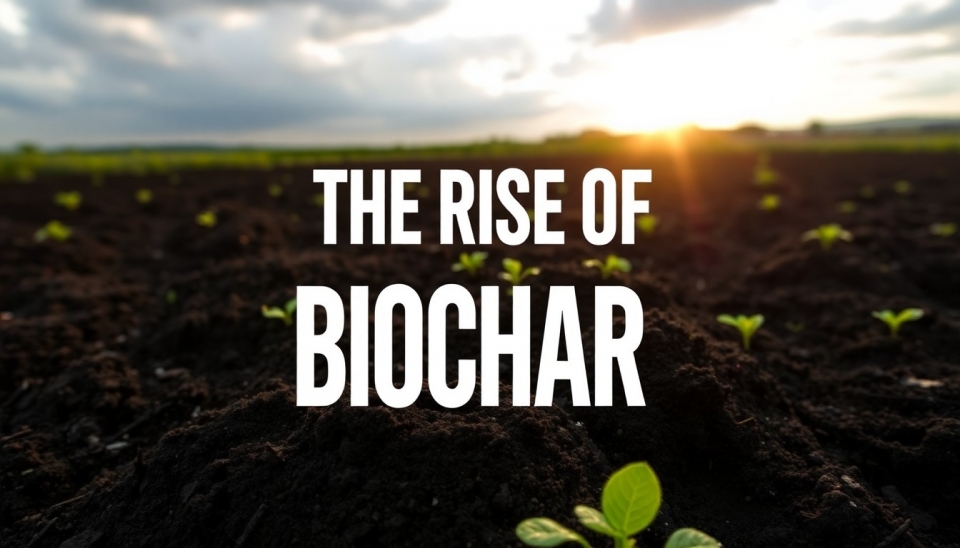
In recent years, the focus on sustainable energy sources has intensified, and among these innovations, biochar is emerging as the new king of renewable resources. Often dubbed the "new black gold," biochar offers a remarkable solution to some of society's pressing environmental challenges, including climate change, soil degradation, and waste management.
Biochar is a carbon-rich substance produced by pyrolyzing organic materials—such as agricultural residues, forestry waste, and other biomass—in a low-oxygen environment. This process not only traps carbon in a stable form but also converts waste materials into a valuable resource. The significance of biochar lies in its dual capability to sequester carbon and improve soil health.
One of the standout benefits of biochar is its exceptional ability to enhance soil quality. When applied to agricultural land, biochar increases soil fertility, boosts water retention, and supports beneficial microbial activity. This is a game changer for farmers, who are increasingly facing challenges due to climate change and the depletion of resources.
Additionally, biochar's role in carbon sequestration makes it a compelling tool in the fight against climate change. The carbon sequestered in biochar can remain stable in the soil for hundreds to thousands of years, thereby reducing the amount of greenhouse gases released into the atmosphere. Some studies suggest that widespread adoption of biochar could significantly mitigate carbon emissions and help achieve global climate goals.
The production and use of biochar also tackles the problem of agricultural waste. Much of the biomass generated by farming and forestry often ends up in landfills or is burned, contributing to air pollution and environmental degradation. Converting this waste into biochar not only addresses waste management issues but also creates a sustainable resource that can support both environmental restoration and economic development.
While biochar is gaining attention, challenges remain in scaling up its production and adoption. Investments in biochar production facilities are essential, but these facilities face hurdles such as high initial costs and regulatory hurdles. Furthermore, widespread education and outreach are necessary to inform farmers and stakeholders about the benefits of biochar and how to effectively integrate it into agricultural practices.
Despite these challenges, many stakeholders are optimistic about the future of biochar. Innovative projects and pilot programs across the globe are paving the way, showcasing biochar's potential to revolutionize how we think about soil management and carbon emissions. As biodiverse farming practices come to the forefront, biochar is being recognized not just as a supplement for soil enhancement but as a critical tool towards achieving sustainable agricultural systems.
In conclusion, biochar represents a paradigm shift in how we utilize organic waste and combat climate change. Its myriad benefits, from improving soil health to sequestering carbon, position it as a vital asset in the global shift towards sustainability. As investment and research continue to grow, biochar holds the promise of becoming an integral part of our clean energy future.
#Biochar #Sustainability #ClimateChange #RenewableEnergy #SoilHealth #WasteManagement #CarbonSequestration #GreenTechnology #Agriculture
Author: John Miller




